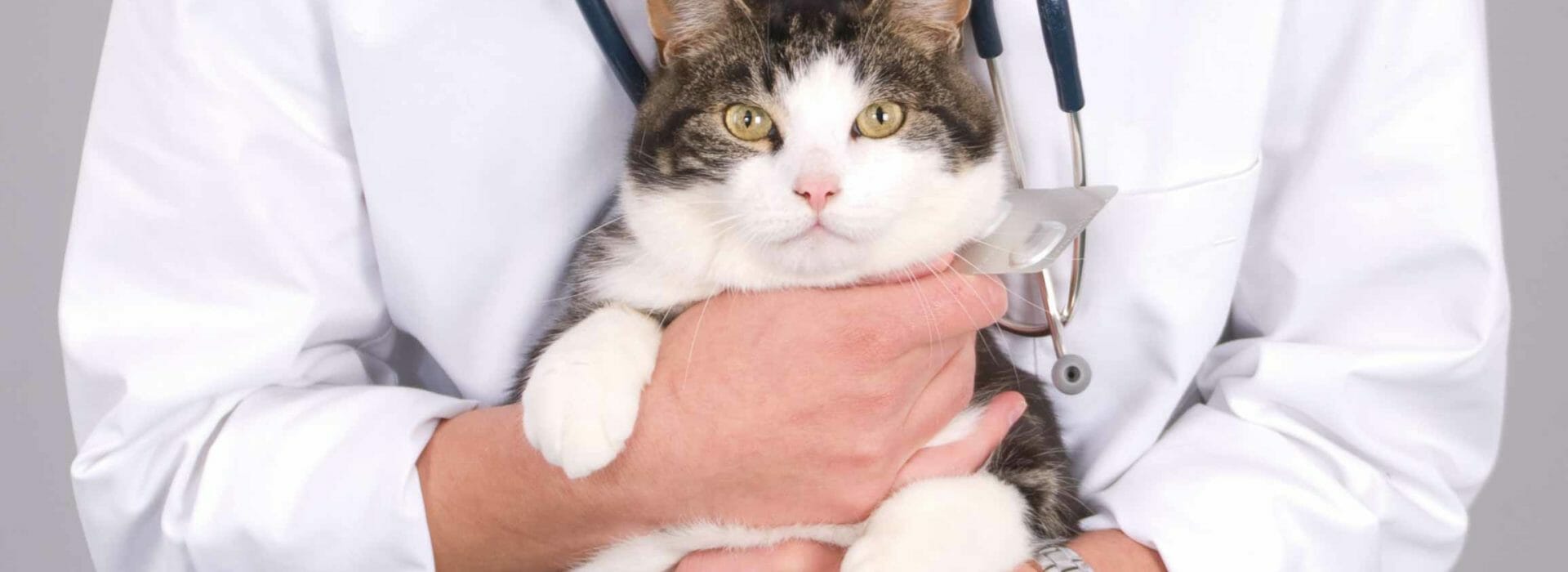Deworming protects your pets from parasites and intestinal worms. These types of worms can harm both your pet’s health and your own. Intestinal worms can be transmitted to humans, so keeping your pet safe with a deworming treatment is also keeps your family safe.
How did my pet get worms?
Any animals that spend time outdoors are susceptible to getting worms. Intestinal worms are transmitted through the feces of infected animals as well as through insects and small animals like mice, rats, birds, etc. Pets usually contract intestinal worms when hunting an infected animal or by ingesting feces, either directly or when licking their paws after walking on a soiled surface.
What are the symptoms of intestinal worms?
Symptoms depend on how many worms there are in your pet’s digestive system. When there are a lot of worms, your pet might have digestive problems like diarrhea, vomiting, constipation and abdominal pain.
Kittens and puppies are especially susceptible to intestinal worms. Antiparasitic treatments are even more important for them because intestinal worms could hinder their overall development.
How often should I deworm my pet?
Deworming treatments are not preventive and only get rid of worms that are already there, so it is necessary to deworm your pet on a regular basis. We generally recommend deworming your pet two to four times a year. If your pet goes outside often or if you want to travel with them, your veterinarian will probably recommend deworming them four times a year, when the seasons change.
Contact your veterinarian to figure out the right deworming protocol for your pet.




